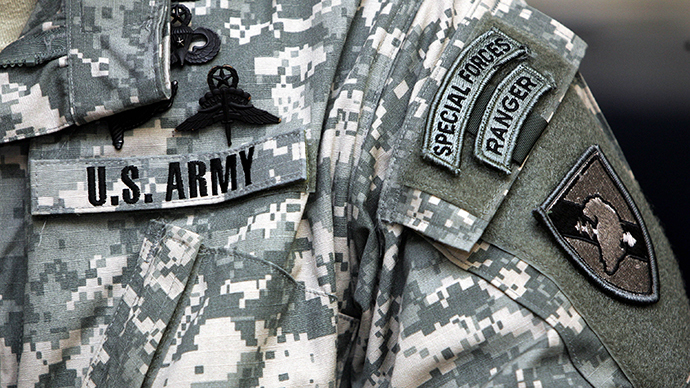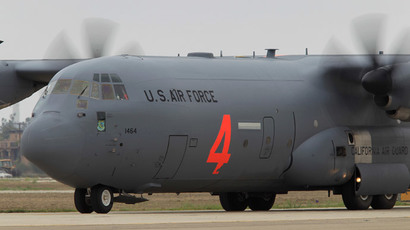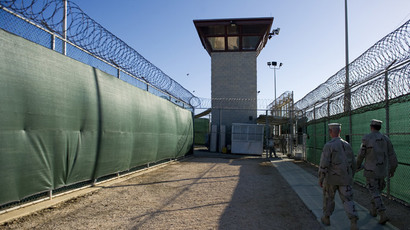US Special Ops forces committing suicide in record numbers

US special forces have been committing suicide at record levels for the last two years, the head of the US Special Operations Command (SOCom) admitted in a speech on Thursday. He blamed the high numbers on the length and difficulty of combat.
"There is a lot of angst. There's a lot of pressure out there. My soldiers have been fighting now for 12, 13 years in hard combat. Hard combat,” Adm. William McRaven, the head of SOCom, said at a conference in Florida. “And anybody that has spent any time in this war has been changed by it. It's that simple."
Since the beginning of the wars in Afghanistan in 2001 and Iraq in 2003, military troops – including special forces units like Navy SEALs and Army Rangers – have endured multiple deployments. Military suicides increased across the board during that time, to the point that suicides (349) outpaced combat deaths (311) in 2012, according to a Guardian analysis in 2013.
McRaven did not give the rate of military suicides in his remarks to the GEOINT Symposium, an intelligence convention in Tampa organized by the US Geospatial Intelligence Foundation. SOCom declined a request by the Tampa Bay Times to provide the figures that McRaven alluded to.
In January, McRaven directed the formation of a suicide-prevention working group to address the unique needs of the elite troops that make up SOCom, the Tampa Bay Times reported.
“The welfare of these brave service members and their families is critical to our command’s readiness and our ability to accomplish the mission. It is also a moral imperative,” McRaven said in a congressional testimony in February. SOCom’s head detailed steps that the command is taking to provide psychological help to its special forces, including embedding behavioral health professionals throughout the command’s units.
SOCom wants to eliminate the stigma of seeking help. McRaven reflected on the difficulties that Vietnam veterans faced when they returned home in the 1970s during his Thursday remarks. "We're not going to make that mistake this time around," he said. "We're going to put everything we can into making sure we're taking care of these kids and their families."
"It is about the readiness of my force," he said. "At the end of the day, we'll find the right weapon...But I'll tell you, if we don't have a force that's resilient, that is healthy, that can do the job, none of that equipment is going to matter."
The US government tracks military suicides through the Department of Defense Suicide Event Report (DoDSER). From 2008 to 2010 – the last year data was available for the analysis – military suicides were nearly double the number of suicides for the general US population, with the military averaging 20.49 suicides per 100,000 people, compared to a general rate of 12.07 suicides per 100,000 people.
When including veterans, not just active and reserve-duty troops, the government estimates that 22 veterans died from suicide each day in 2010. In that year, 147,763 suicides were reported. Over 27,000 (18.3 percent) of those suicides were committed by people with a reported history with the military. The veteran status of another 34,000 (23 percent) was unknown.
SOCom is made up of 66,000 troops from all military branches. Special forces are deployed in over 75 countries, according to McRaven’s February testimony.














